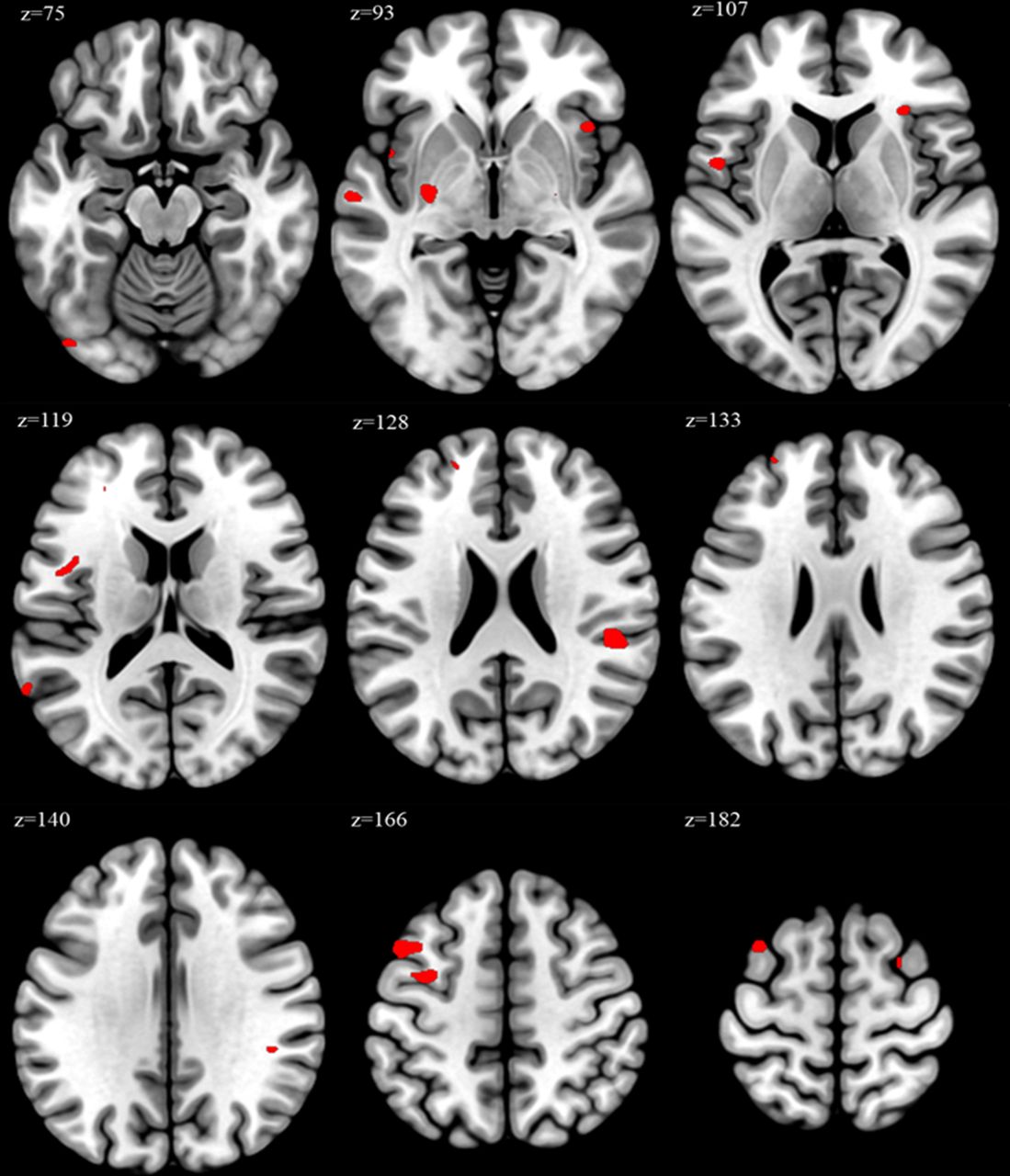Overworking changes your brain — Shocking study reveals how
 How overtime affects the brain and mental health (photo: Freepik)
How overtime affects the brain and mental health (photo: Freepik)
Overworking is not just about feeling tired. A new study has revealed that prolonged workloads change brain structure. And the consequences can be much more serious than they might seem at first glance, reports Occupational and Environmental Medicine.
What exactly changes in the brain?
Researchers from Chung-Ang University and Yonsei University in South Korea observed 110 medical workers. Some of them worked standard hours, while others worked more than 52 hours a week (legal limit in South Korea).
Among the "overworking" group, significant changes were found in the volume of gray matter in brain regions responsible for:
- attention
- memory
- emotional control
- cognitive functions (thinking, decision-making).
This includes the frontal gyrus and insula, which are areas affecting our ability to concentrate, communicate, understand emotions, and respond to stress.
 What changes occur in the brain (photo: oem.bmj.com)
What changes occur in the brain (photo: oem.bmj.com)
What does this mean for each of us?
According to one of the study's authors, Associate Professor Joon Yul Choi, these changes may be partially reversible if chronic stress is eliminated. But it takes time — the brain does not recover instantly.
The researchers emphasize that constant overworking is not just fatigue, but a real threat to cognitive and mental health. And the earlier a person begins to reduce their workload, the greater the chances of avoiding long-term changes.
 Brain changes that occur with overworking (photo: oem.bmj.com)
Brain changes that occur with overworking (photo: oem.bmj.com)
What previous studies say
In 2021, the International Labour Organization (ILO) and the World Health Organization (WHO) published a joint study showing that overwork leads to more than 745,000 deaths annually.
It was also found that long hours at the computer increase the risk of diabetes in women and reduce cognitive abilities in people of all genders.
Despite the fact that stress and burnout have long been discussed, the anatomical changes in the brain present a new and alarming argument in favor of maintaining a work-life balance.
What can be done?
Researchers believe that overworking should be officially recognized as an occupational health risk. Therefore:
- Employers should review work schedules
- Governments should create regulations
- And employees should remember that rest is just as important as productivity.
So if you feel like burnout is "breathing down your neck," your brain might already be sending a signal. And it may be time to permit yourself to recover finally.
Earlier, we wrote about 12 ways to keep your brain young.
Sources: WHO data and CNN articles.
This material is for informational purposes only and should not be used for medical diagnosis or self-treatment. Our goal is to provide readers with accurate information about symptoms, causes, and methods of detecting diseases. RBС-Ukraine is not responsible for any diagnoses that readers may make based on materials from the resource. We do not recommend self-treatment and advise consulting a doctor in case of any health concerns.

